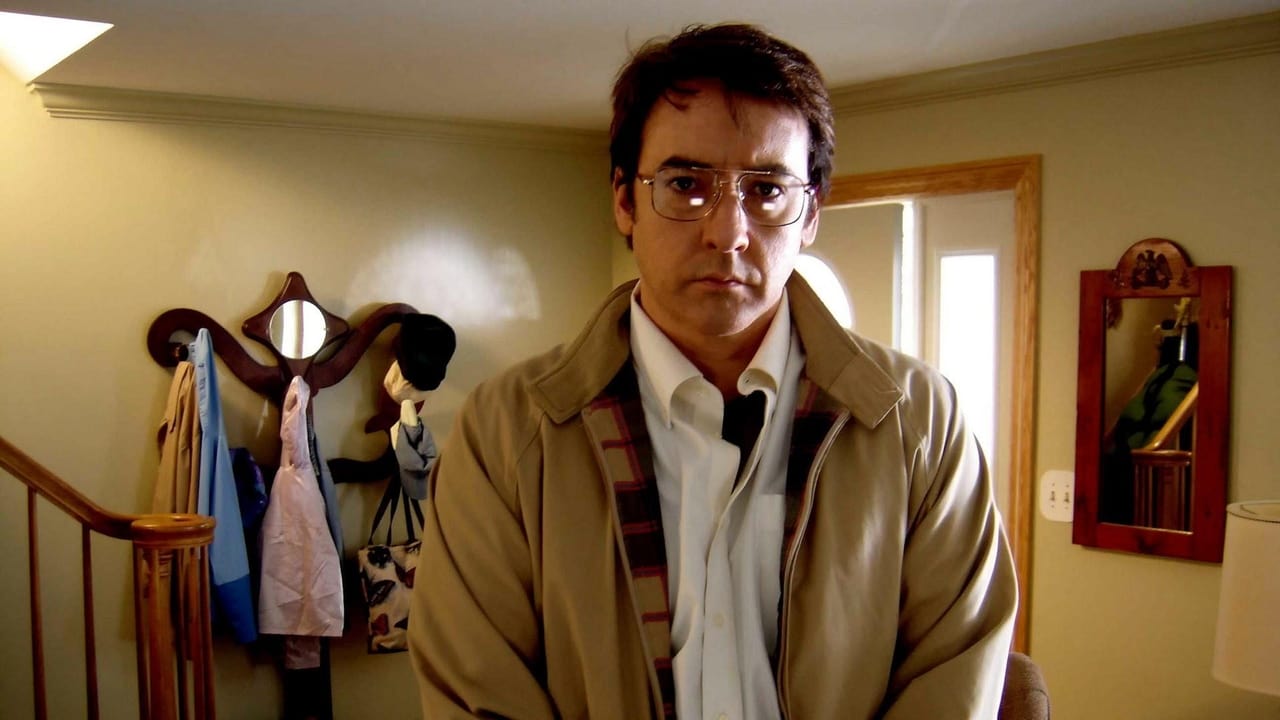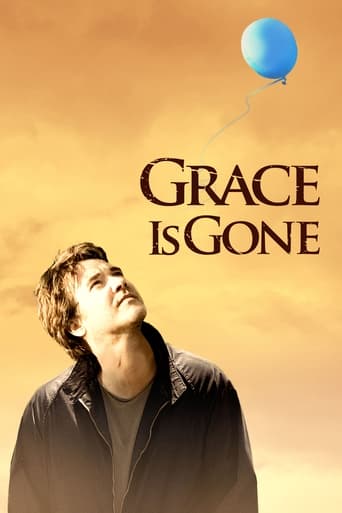

From my favorite movies..
... View MoreBoring
... View MoreIt is both painfully honest and laugh-out-loud funny at the same time.
... View MoreClose shines in drama with strong language, adult themes.
... View MoreI am a huge John Cusack fan, so, good or bad, if he's in it, I'll watch it. This is a particularly moving and sad movie. I would have to say that I have never been more moved to sadness by a movie in my entire life. It could have been the timing. My wife and kids had been away for several days and I was missing them terribly. Hey, I'll pick up a Cusack movie to take my mind off of them. Oh boy, was this not the choice. I open-mouthed wept repeatedly during this film and I just don't do that. I was an emotional wreck after seeing this film. Some of it was circumstances, but it was also because it was done so well. John Cusack played this character masterfully. I've wondered if it would affect me the same way, if I watched it again, but I'm not sure I want to have to handle it, if it did. This may sound negative, but quite the contrary, a film that makes you feel so deeply for the characters is indeed a masterpiece. Well done.
... View MoreI don't know what the director had in mind but Cusak did a terrible job as a grieving husband and father. His behavior is unlikely and just abnormal. His mouth was perpetually open during the entire movie. Not good. The movie is slow and extremely boring. Lots of long stares in to outer space by each player. All the characters seem tired and bored with their lot in life. People just don't behave like this. When the brother confronts Cusak about his wife he gets quite violent and out of control. I don't think that any sane brother would confront a newly widowed brother in that manner even if they don't get along normally. The basis of the story is OK but there was no need for this neurotic behavior and pretend that real people behave like that.
... View MoreAnytime a word like "grace" appears in a movie's title, it's time to set your pun-detector on high alert. In the case of "Grace is Gone," the word refers, on a literal level, to a woman named Grace who is killed while fighting in Iraq, and, on a figurative level, to the loss of innocence and hope suffered by the husband (John Cusack) and two young daughters she leaves behind.When Stanley Phillips (John Cusack) receives the devastating news, he decides not to tell the girls (Shelan O'Keefe, Gracie Bednarkczyk) right away, choosing instead to take them on a road trip from their home in Minnesota to a favorite amusement park in Florida, as a means of delaying the inevitable for himself as well as giving them one last happy memory before delivering the life-shattering blow. On the way, they meet various people - including Stanley's liberal, antiwar brother (well-played by Alessandro Nivola) - but basically it's a story of this one family's heartbreaking odyssey into gut-wrenching knowledge, an odyssey too many families are forced to take in a time of war.James C. Strouse's "Grace is Gone" is a very short (82 minutes), very low-keyed look at how certain individuals cope with tragedy. Many, like Stanley, refuse even to accept the reality of their loss and hope to postpone the day of reckoning as long as possible. However, Stanley, who's ex-military himself, also has to confront the tremendous guilt he feels for having supported not only Grace's choice to serve in Iraq but the Republican policies that led to the war in the first place. Stanley is faced with having to do something no father should ever have to do, and for the time being, he is being forced to hide the truth from not only an exuberant 8-year-old (Dawn) but a far more perceptive 12-year-old (Heidi), who is caught in that unique moment between the naivete of childhood and the knowingness that comes with growing up. She can sense that something's "up," based on her father's slightly off-kilter behavior, but she can't quite put her finger on what it is. Indeed, the conversations between Stanley and Heidi - wherein they wind up communicating far more than just what they say with their words - are the best things in the movie.And there simply aren't adjectives adequate to describe the miraculous performances of Cusack, O'Keefe and Bednarkczyk in the principal roles. This is an "actors' picture" if ever there was one, and these three extraordinary individuals prove themselves more than equal to the enormously challenging task they've been called upon to do.With its spare settings, self-effacing direction and heartfelt emotions, this is a beautifully understated and moving work that drives home with shattering force the simple truth - one we are all too prone to forget - that not all of war's casualties occur on the battlefield.
... View MoreI honestly did not want to watch another movie which criticizes the war between United States and Irak,because there have already been too many good quality movies about that subject,at the same time that the landing of the new North American government on past January will kill some weight and relevance to all the films which criticized Bush's presidency.However,I decided to watch Grace Is Gone,because I have always liked the work of John Cusack,at the same time I wanted to see what perspective this movie was going to offer about the war.What a great surprise I took with Grace Is Gone.This is an excellent movie which finds a fresh way of depicting the war between United States and Irak.I simply admired the proposal from this movie,because it will always be valid and relevant for the simple fact that,with or without new President,the United States are going to suffer for a long time the consequences to their actions and I am sure the future will bring us new movies analyzing that thing...something like the enormous quantity of movies which were made about the Vietnam war during the 70's and the 80's.Grace Is Gone works perfectly well on two levels.For one sight,I found its portrait of the domestic and emotional life from the ones who stay at home,who are frightened but at the same time optimistic about the destiny of their loved ones, very interesting.But the best aspect from this movie is the interpretation it makes about the war,which is done on a very different way to the one which might be expected.It would have been very easy to show the main character as a liberal pacifist and to simply compel him to repeat the long list of complains we are used to hear.But it was much more provocative to show the main character as a guy who supported the war and who is proud of the work his wife has done there because she risked her life to keep the liberties many people do not properly appreciate.I will now mention all the other positive elements from this great movie : the family drama feels completely honest and realistic; the performances are excellent (the girls are particularly impressing); director James C. Strouse made a sober work which is completely at tone with the story,while as a screenwriter,he could get a precise balance between emotions and narrative at the same time he exposed the subject of the war on a provocative way.I will look forward to seeing Strouse's next movies.The only complain I have against this movie is that it felt a little bit dull on a specific moment.In spite of that,I recommend Grace Is Gone with a lot of enthusiasm.I did not have too big expectations with it,and I finished taking a great surprise.
... View More